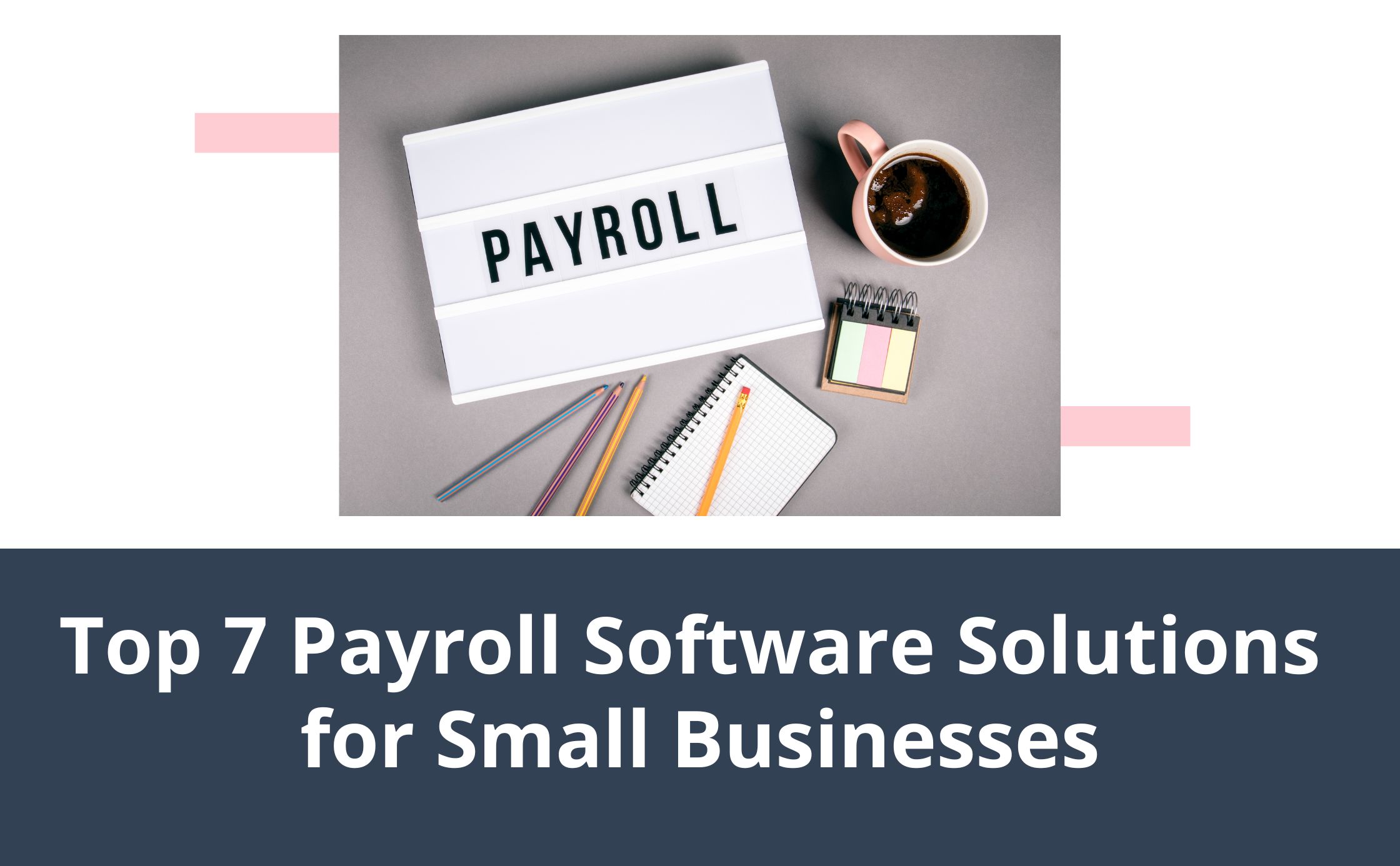Payroll software is essential for any small business owner looking to automate employee payments and stay compliant with rules and regulations. These platforms are designed to help you quickly and efficiently calculate payroll payments and deductions. Once you’ve integrated it into your tech stack, you can automate your approach to payroll so you can get time back to focus on other operational needs. Integrating this software into your tech stack can also help lower costs and minimize human error. It also ensures you can quickly pay your employees with minimal effort.
There are many different payroll software solutions available for small and mid-sized businesses. When comparing the options, consider your business needs to ensure you find the option with the tools and features you need for success.
Here’s a look at the best payroll software for small businesses:
1. Justworks
Justworks is an affordable payroll platform with automated payroll processing and PEO services. This platform handles everything for you, including W-2 preparation and tax fillings. There’s also a comprehensive suite of tools for your employees. Employees can easily access pay stubs and manage their benefits when they sign into their portal. They can also easily adjust their personal information whenever they want.
This is a PEO platform. PEO stands for professional employer organization, which means Justworks essentially becomes one of your employees. PEOs aren’t as customizable as other options. When you sign up for a platform like Justworks, you allow them to handle all HR duties, employee benefits, and payroll needs. You also give up full legal control over certain payment processes. Justworks also cannot accommodate a global team and only works with US-based employees.
2. Quickbooks for Payroll
Quickbooks for payroll is an easy-to-use solution that seamlessly integrates with your accounting department set up. With this payroll software for small businesses, you can easily prepare W2s and 1099s in seconds. The platform will also calculate taxes for you to minimize human error.
If you aren’t already using QuickBooks for invoices and payments, QuickBooks for payroll may not be the best option for your team. The price you pay for the platform also includes only basic features. If you want to add medical benefits, you must work with an outside provider.
3. ADP
ADP is a popular payroll software with solutions specifically designed for small and mid-sized businesses. The platform is scalable and designed to grow with your business. There are tons of built-in features you and your employees can benefit from. Certain ADP plans also come with legal assistance, so you can get answers to complaint questions.
This software is slightly more expensive than other payroll tools and platforms. More affordable options are available if you’re looking for a basic, easy-to-use platform.
4. Square Payroll
If you’re already using Square as a payment processor, consider adding on Square Payroll. This payroll software for small businesses is easy to use and has a user-friendly interface. It’s relatively low-cost and is set up with a pay-as-you-go model, so you only pay for the number of employees you currently have on payroll.
Square Payroll is a basic payroll software for small businesses and doesn’t have all the bells and whistles needed if you plan to scale your business. As you continue to hire and your payroll gets more complicated, you may need to upgrade to a different payroll system.
5. Paycor
Paycor offers business owners a suite of payroll and HR tools. There are several different plans available, so you can easily adjust when your business grows. There’s also custom reporting, automated payroll, and a mobile app, so your employees can access their portal anywhere they go.
Paycor has many add-ons, so you can customize your plan to align with your needs. However, adding different add-ons and features can turn Paycor into a big investment for your company. Before you choose this payroll software, you’ll want to ask for a full breakdown of expenses to ensure that it fits your budget.
6. Rippling
Rippling is a comprehensive payroll tool with various HR and administration features. Not only can you automate payroll for your employees, but you can also manage expense reports, HR duties, and IT department management.
Rippling is one of the more expensive options on the market. The cost will vary per employee per month. You’ll also need to pay annual software fees. A small learning curve comes with understanding and implementing the advanced features and add-ons, which is something to consider if you’re looking for a basic setup.
7. Paychex
Paychex is an easy-to-use payroll system that can be fully customized to align with your needs. They have low-cost, basic plans for small businesses with less than 20 employees, which can be great for tight budgets.
The problem with these low-cost, basic plans is that everything is an add-on. You’ll need to pay extra for W-2 and 1099 filing and time tracking. The platform also doesn’t offer any administration or HR benefits like other payroll software options for small businesses.
Improve Operational Efficiency With Townsquare Interactive
A payroll software solution is essential to the workplace experience. These platforms are designed to streamline workplace productivity, ensuring your team always gets paid on time. The platforms also take the guesswork out of taxes and compliance, helping minimize risk when sending direct deposits.
If you’re looking to grow or scale your business, Townsquare Interactive is here to help handle the rest. We help business owners grow and scale their businesses through web design, local SEO, and social ads. We also have a business management platform that comes with a built-in CRM, invoicing tools, and email marketing features.

